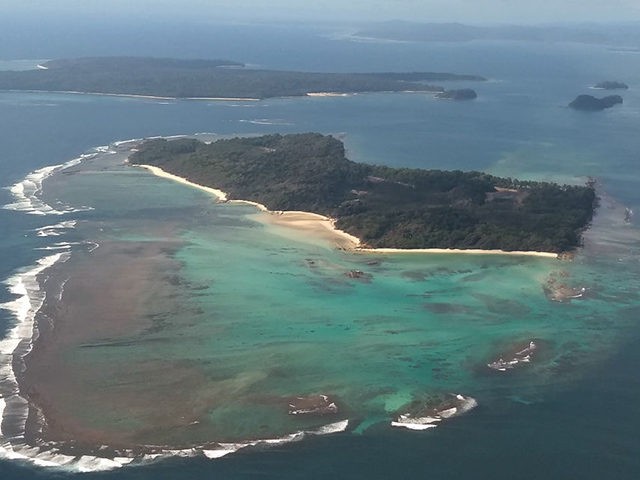Japan announced this weekend it would provide India with $2 billion in loans and grants to fund infrastructure projects, including the improvement of a power supply system in the strategic Andaman and Nicobar Islands, located in the Bay of Bengal.
Japan’s ambassador to India, Suzuki Satoshi, and the additional secretary for India’s finance ministry, C.S. Mohapatra, exchanged notes on the loan agreement on March 26.
“This is the first-ever official development assistance (ODA) project in the strategic islands of Andaman and Nicobar, apart from emergency humanitarian assistance. Due to its geopolitical location, Andaman and Nicobar Islands play a crucial role in our shared vision for a free, open, and inclusive Indo-Pacific,” the Japanese embassy in India said in an official statement.
“Cooperation between the two countries on these islands demonstrates their commitment to realizing a stable, peaceful and prosperous Indo-Pacific,” an official at the Japanese embassy was quoted as saying by the Hindustan Times.
Tokyo’s grant of $36,500 to the Andaman and Nicobar Islands “will be used to procure 15MWh batteries and power system stabilizers to facilitate reliable electricity supply from a solar system in South Andaman [Island], including Port Blair,” the official said. “The project will boost economic activities and contribute to India’s target of achieving 100 percent renewable energy in the Andaman and Nicobar Islands, as well as Japan’s ‘green growth strategy.'”
India and Japan have recently stepped up their bilateral cooperation through a diplomatic alliance known as the Quadrilateral Security Dialogue, or the Quad. The bloc also includes the U.S. and Australia. Observers view the Quad as a counter to growing Chinese influence in the Indo-Pacific region. The navies of India, Japan, the U.S., and Australia teamed up late last year in the Indian Ocean’s Bay of Bengal and Arabian Sea for coordinated maritime naval exercises. The two-part “Malabar 2020” drills served as a regional deterrent to China’s increased military presence in the Indo-Pacific region over the past several months.
Japan’s aid grant to India supports Tokyo’s Free and Open Indo-Pacific (FOIP) strategy. Observers view the FOIP as the Japanese version of China’s infrastructure-building Belt and Road Initiative (BRI), which is itself viewed as a means for Beijing to spread its political influence across the globe.
“[Japan’s initiative] is different. It is based on three pillars: promotion of the rule of law, freedom of navigation and free trade,” Tadashi Maeda, the governor of the Japan Bank for International Cooperation (JBIC), said at the Center for Strategic and International Studies in Washington, D.C. in 2019.
“In some sense, this is a counterproposal to the Chinese Belt and Road Initiative,” he said of the FOIP.
“BRI is just a political show, and there is no clear definition of what it is exactly … it’s just everywhere,” Tadashi added.
“India has repeatedly said it will not join BRI because it does not offer a level playing ground to the country’s businesses,” the Hindustan Times noted in late November when New Delhi refused to support other members of the Shanghai Cooperation Organization (SCO), a Beijing-based economic alliance, in backing the BRI at virtual conference.

COMMENTS
Please let us know if you're having issues with commenting.